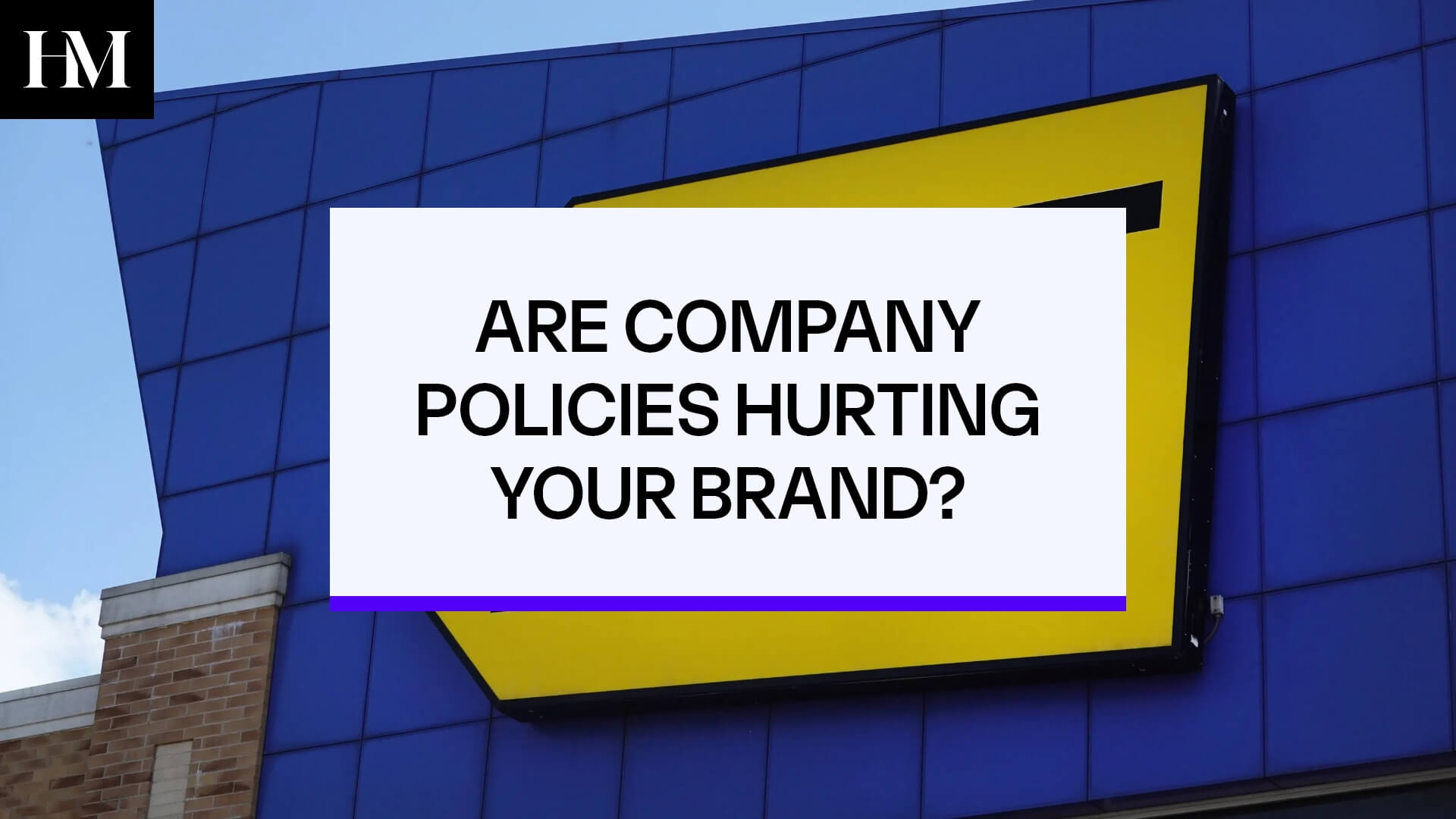I am a fairly loyal Best Buy® customer. How do I measure that? Well, I was once inducted as a Premier Silver Member (not based on my gray hair, but based on my volume of purchases). And when I need a computer, printer, TV, phone accessories, cameras, etc., Best Buy is the first place I typically think to go. Sure, Amazon has taken giant strides, but when I need a solid brick and mortar place to pick up supplies, Best Buy it is.
However, there’s a reason I call myself a “fairly” loyal customer. It’s because like many brands their policies and procedures need some work. Let me explain…
Not long ago, I went to purchase a laptop computer for my wife, and it took two hours between the time I entered the building and the time I left. I came in knowing exactly which laptop we wanted, but between…
– finding someone to help
– the clerk checking to see if more were in stock
– checking with the manager to see if the sale price was still good
– waiting until a checkout terminal was available
– running the code into “the system” and the code showing a different price
– waiting for a manager to verify the price
– waiting for another manager because the first one wasn’t authorized to verify the price
– checking to see if there was a rebate
– asking if we wanted the extended warranty
– trying to then talk us into the extended warranty when we said “no” the first time
– the system freezing when they ran my card
– my card being charged twice and having to credit back one of the charges
– taking the newly purchased computer over to the Geek Squad desk and then waiting in line to have them install software
– being told we would need to come back and pick up the computer in a few days
I wondered how many loyal customers like me are only “fairly loyal” because of painful purchasing experiences like this? And then I wondered how many other companies have policies or procedures that actually hurt loyalty to their brand? Unfortunately, there are many. The good news is, with a little policy-tweaking, these same companies can make the buying process more pleasurable and actually enhance loyalty to their brand.
In his book on “How To Become a Marketing Superstar“, Jeffrey Fox talks about the importance of banishing any barriers your customers have to making a purchase. He gives an example of a dry cleaner in New Hampshire that has posted the following signs:
“We are not responsible for zippers, cuffs, buttons, elastic, shoulder pads, beads.” “We don’t take credit cards.” “We don’t take personal checks.”
When he observed a customer coming back in with cash after seeing the signs, the clerk asked if she had anything smaller than $100 bills. The customer replied, “You don’t take credit cards. You don’t take checks. And now you don’t take cash! How can I do business with you?!”
The point is, policies are usually made with good intentions. But every company including manufacturers and their dealer policies, or retailers and their customer policies, needs to ask themselves this question: “Is there anything we do that creates barriers to potential customers making purchases?” Once you’ve identified them, removing these barriers could be your next big step to maximizing both sales AND brand loyalty.
